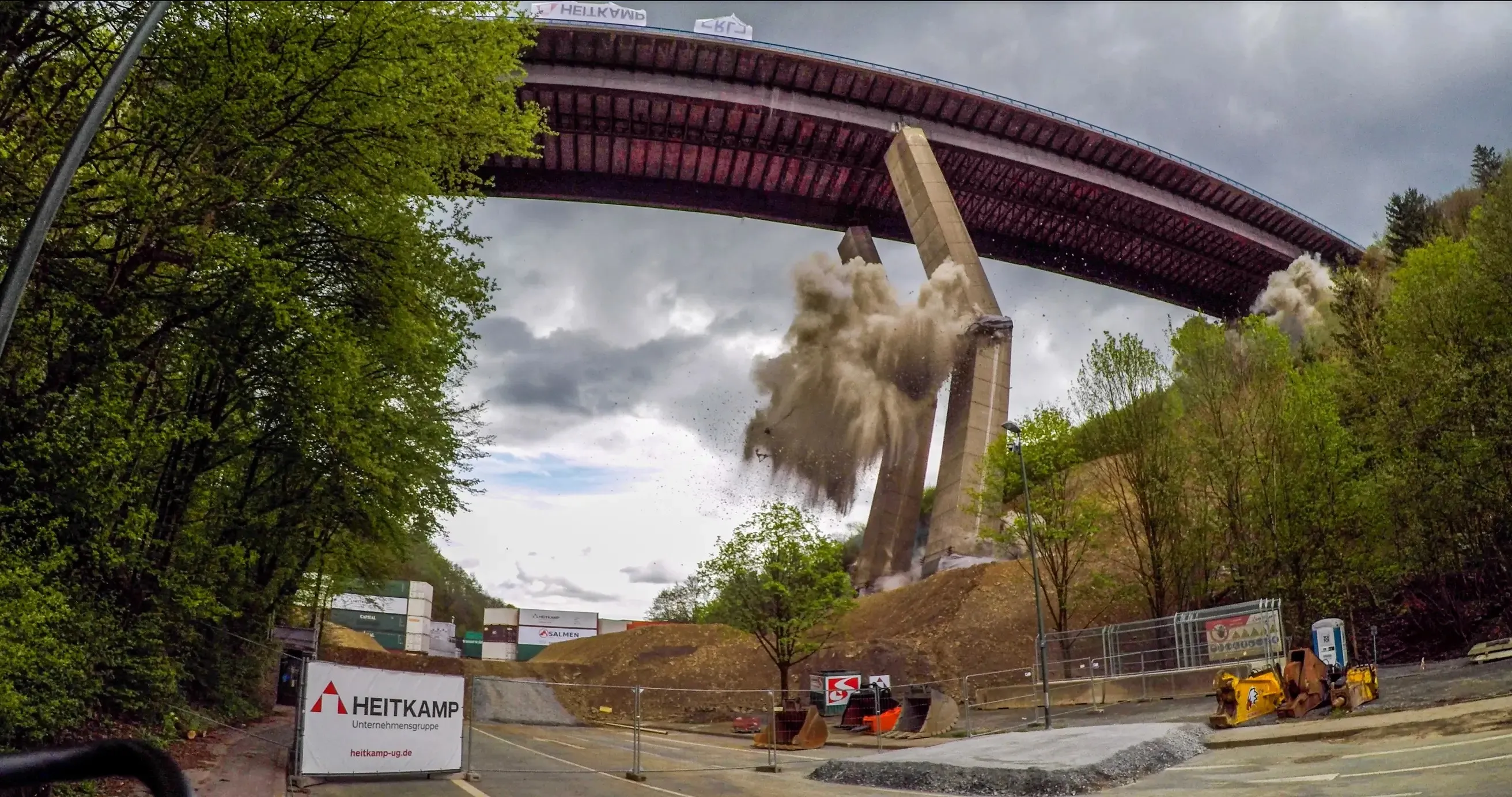The geological problems with the A20 Autobahn route first became visible in September 2018 when a section near Tribsees started to suffer from subsidence. This initial subsidence was then followed by a complete collapse of a 40m section of the road and became progressively worse, resulting in a 95m stretch suffering major failure. The presence of peat deposits under the roadway has been blamed for the technical problems. Insufficient stabilisation of the afflicted stretch was carried out prior to building of the road.
Building a road over very soft ground requires special construction techniques. However these methods are well understood, having been developed during the early days of the railway building boom in the UK during the 19th century. The Manchester to Liverpool railway line opened to traffic in 1830 and features a 7.6km stretch built across the Chat Moss bog, with this section of track remaining in use today. Why these techniques were not properly employed for this road project is unclear.
German highway stretch reopening to be delayed
Repairs to the A20 highway route in northern Germany are now likely to take longer than initially expected. The route will now take until 2023 to repair, with the work costing some €100 million to carry out and requiring a temporary bridge to carry traffic past the failed section. The temporary bridge accounts for more than half of the cost of the work.
The geological problems with the A20 Autobahn route first became visible in September 2018 when a section near Tribsees started to suffer from subsidence.
February 19, 2019
Read time: 2 mins
Repairs to the A20 highway route in northern Germany are now likely to take longer than initially expected. The route will now take until 2023 to repair, with the work costing some €100 million to carry out and requiring a temporary bridge to carry traffic past the failed section. The temporary bridge accounts for more than half of the cost of the work.







